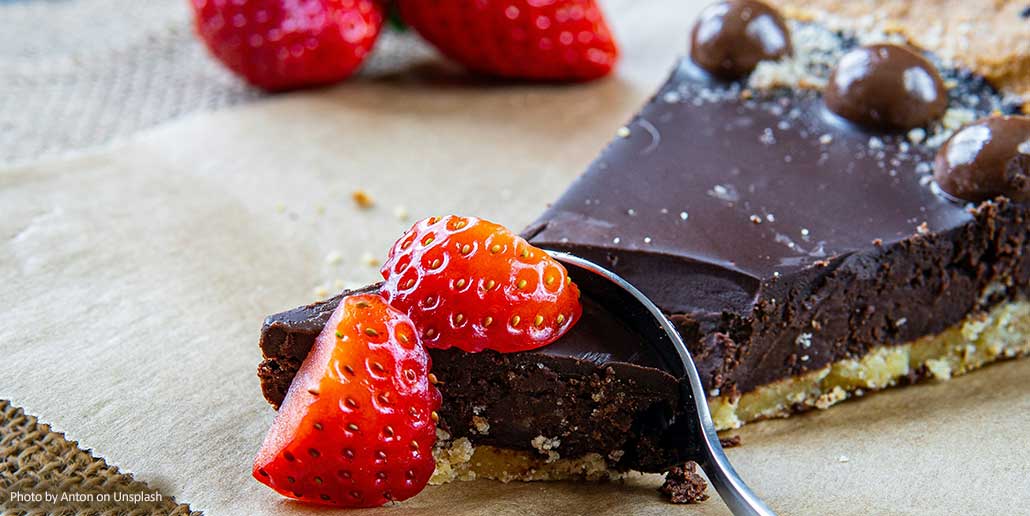
The Psychology of Chocolate Cravings
Chocolate is one of the most craved foods in the world, with studies showing that nearly 50% of women and 20% of men experience regular chocolate cravings. But what makes chocolate so irresistible? From psychological conditioning to biochemical reactions, several factors contribute to our deep-seated love for this sweet treat.
For centuries, chocolate has been associated with indulgence, luxury, and even romance. Ancient civilizations such as the Aztecs and Mayans believed cocoa had mystical and medicinal properties, using it in rituals and as currency. Today, chocolate remains a powerful cultural symbol, from Valentine’s Day gifts to comfort food during stressful times. This deep-rooted history plays a role in how we perceive and crave chocolate.
Scientific research has uncovered various biological and psychological mechanisms that fuel our chocolate cravings. Whether it’s the brain’s reaction to its chemical components, the comforting associations we have with its taste, or potential nutrient deficiencies, there are numerous explanations for why chocolate holds such a special place in our lives. Let’s explore the fascinating reasons behind our love for chocolate and how we can manage cravings effectively.
The Science Behind Chocolate Cravings
Chocolate cravings are not merely a matter of preference; they are deeply rooted in science. Various biological, neurological, and psychological factors contribute to our seemingly insatiable desire for chocolate. One of the primary reasons lies in the way chocolate interacts with our brain’s reward system, triggering the release of neurotransmitters that induce pleasure and relaxation. Understanding the science behind chocolate cravings allows us to recognize why we seek it so frequently and how we can enjoy it mindfully.
1. Chocolate and the Brain’s Reward System
One of the main reasons we crave chocolate is its effect on the brain’s reward center. Chocolate contains theobromine, caffeine, and phenylethylamine (PEA)—compounds that stimulate dopamine release, a neurotransmitter associated with pleasure and motivation. A study published in Appetite found that 86% of participants associated chocolate consumption with mood enhancement.
2. Emotional Eating and Chocolate
Many people turn to chocolate as a form of emotional comfort. A survey by the American Psychological Association found that 62% of people use food as a coping mechanism for stress, and chocolate is one of the top choices.
3. Cultural and Social Conditioning
From childhood rewards to romantic gestures, chocolate is deeply ingrained in social and cultural traditions. Marketing also plays a role in reinforcing these associations. Studies suggest that exposure to chocolate advertisements can increase cravings by 70%.
4. Nutrient Deficiencies and Cravings
Some theories suggest that chocolate cravings may be linked to deficiencies in magnesium, which chocolate naturally contains. Research published in the Journal of Nutrition found that approximately 50% of Americans do not consume enough magnesium, potentially explaining some cravings.
5. The Sensory Appeal of Chocolate
The combination of sugar, fat, and cocoa makes chocolate a highly palatable food. This sensory experience creates a feedback loop in which the brain associates chocolate with intense pleasure, reinforcing cravings.
Can We Control Chocolate Cravings?
While chocolate cravings are natural, they can be managed. Strategies include:
- Mindful Eating: Being aware of emotional triggers and practicing moderation.
- Healthier Alternatives: Choosing dark chocolate (70% or higher) for lower sugar, higher antioxidant option.
- Balanced Diet: Ensuring adequate magnesium intake through nuts, seeds, and leafy greens.
- Distraction Techniques: Engaging in activities like exercise or drinking water to curb cravings.
- Understanding Triggers: Identifying personal craving triggers and finding healthier coping mechanisms.
Chocolate cravings are influenced by a combination of biological, psychological, and cultural factors. Understanding why we crave chocolate can help us make healthier choices while still enjoying its delicious taste. Whether it’s due to stress relief, brain chemistry, or social conditioning, our love for chocolate is deeply rooted in science.
Sources:
- Appetite Journal: Study on chocolate and mood enhancement
- American Psychological Association: Survey on emotional eating
- Journal of Nutrition: Research on magnesium deficiencies

